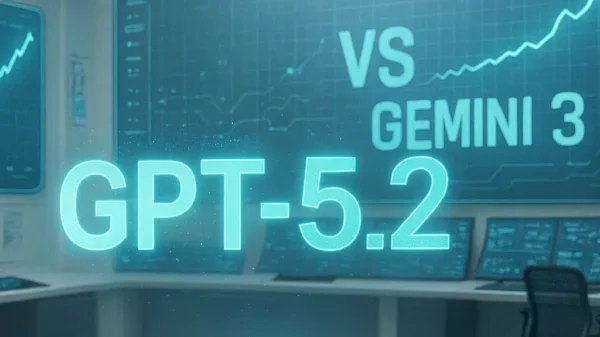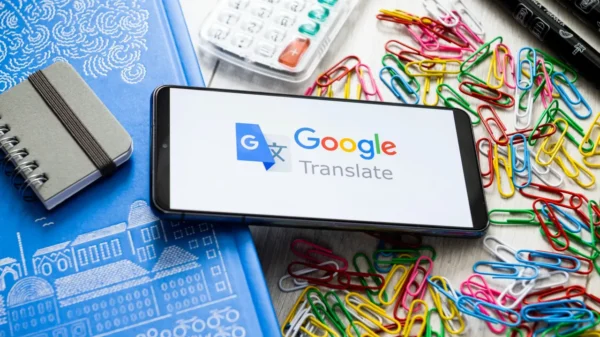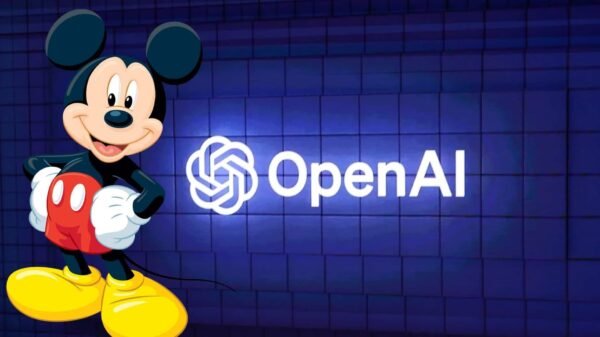Elon Musk’s $97.4 Billion Bid for OpenAI Rejected – The AI Battle Continues
Elon Musk is known for making bold moves, and his latest attempt to acquire OpenAI is no exception. On February 10, 2025, Musk’s AI venture, xAI, submitted an unsolicited $97.4 billion bid to acquire OpenAI, the company behind ChatGPT. However, OpenAI CEO Sam Altman swiftly rejected the offer, responding with a humorous remark on X (formerly Twitter): “No thank you, but we will buy Twitter for $9.74 billion if you want.”
This exchange was more than just a playful joke; it highlighted the ongoing tensions surrounding AI dominance and control. Musk had co-founded OpenAI in 2015 but later distanced himself from the organization. His attempted acquisition was not just about gaining access to the company’s cutting-edge AI technology but also about restoring his influence over OpenAI’s direction.
One of the key reasons Musk’s bid was immediately dismissed is OpenAI’s unique governance structure. Unlike traditional companies, OpenAI operates under a framework where its non-profit entity has control over its for-profit division. This structure makes it difficult for external parties, even those with vast financial resources like Musk, to take over the company.
This attempted takeover comes just a year after Musk sued OpenAI and Sam Altman in 2024, alleging that they had abandoned OpenAI’s original mission of developing open-source AI for the benefit of humanity. Instead, Musk claimed, OpenAI had shifted its focus toward corporate profit, particularly due to its close collaboration with Microsoft. Despite these legal challenges, OpenAI has continued to thrive, developing some of the most advanced AI systems in the industry.
Altman’s dismissal of Musk’s offer was not just a rejection but a pointed response to Musk’s controversial leadership of X (formerly Twitter). Since acquiring Twitter for $44 billion in 2022, Musk has rebranded and redesigned the platform, introducing new policies that have sparked heated debates. Altman’s sarcastic remark about buying X for $9.74 billion was a clear jab at Musk’s turbulent tenure as the platform’s owner.
Beyond the personal exchanges between Musk and OpenAI’s leadership, this situation underscores a much larger battle in the AI industry. The competition to control the future of artificial intelligence is only intensifying. With OpenAI leading the AI race and companies like Microsoft, Google, and Meta heavily investing in AI innovations, Musk’s xAI is positioning itself as a formidable competitor.
Musk’s bid to acquire OpenAI suggests that he sees the company’s growing influence as a threat to his ambitions in AI. Whether through direct competition, legal battles, or aggressive takeover attempts, Musk remains determined to steer the future of artificial intelligence in a direction he believes to be in humanity’s best interest.
While OpenAI has secured its independence for now, the AI industry continues to evolve at an unprecedented pace. As AI shapes the future of technology and business, power struggles like this are likely to become more frequent. Musk’s failed bid may be just one chapter in a long and competitive saga. Given his track record, it’s unlikely that this will be his final attempt to make a significant impact on the AI landscape.

















































